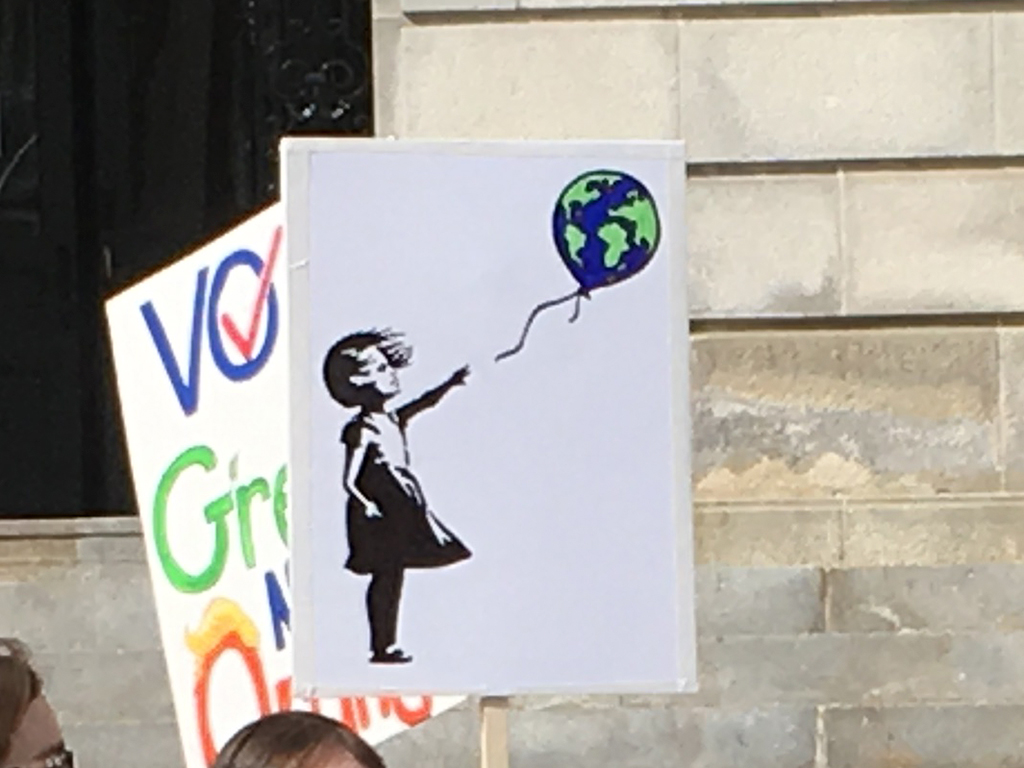By Mary King

As a mother and educator, I sometimes struggle with climate related despair. Despair has no party affiliation. It is the result of helplessness and lack of hope. But change agents need to maintain hope and clear strategies. Since joining Citizens’ Climate Lobby, I have new reasons for optimism and a commonsensical path forward. CCL’s bipartisanship bridges political divides that get in the way of progress.
Effective Climate Communication
Research shows that political partisanship has a more powerful impact on beliefs about climate change than one’s level of scientific knowledge. So, effective climate communication involves understanding our “audience” and delivering our message accordingly.
NYU professor of Ethical Leadership Jonathan Haidt delineates six basic foundations which shape moral dispositions:
- Compassion
- Obedience
- Loyalty
- Freedom
- Purity
- Fairness
Haidt’s Moral Foundation Theory explains why, across cultures and subcultures, there are significant similarities regarding moral norms. It also explains how individuals and cultures can differ so dramatically in moral frameworks.
Much of the language and imagery used to talk about climate change to date has been ineffective in shaping behavior and attitudinal changes for those not already sympathetic to the issue. Environmental messages cater to those with strong compassion tendencies, while ignoring the five other moral foundations. For example, images of barren rainforests or dying coral reefs are less motivating to those outside of the compassion orientation than images connecting climate action to our civic responsibility as a US citizen.
Ideas for those less motivated by compassion

Those steeped in the importance of obedience and following legitimate sources of authority might be moved by “The Burden,” a documentary about fossil fuel dependence and U.S. national security. People motivated by the freedom foundation may respond to a Tea Party Conservative fighting for solar energy alternatives. Researchers at UC Berkeley found that “self-identified conservatives experience increased motivation after reading articles stressing the need to protect the purity of the environment and when shown such repellant images as a person drinking dirty water, a forest filled with garbage, and a city under a cloud of smog.”
The Energy Innovation and Carbon Dividend Act, the most widely sponsored bi-partisan carbon pricing bill in Congress, resonates with the moral foundations and sensibilities across partisan divides. It would gradually increase the price on carbon at the source and then return 100% of the net revenues to households as a dividend. Both parties agree this bill is good for people, the economy, and the environment. Join the Citizens Climate Lobby or learn more here.
Mary King is the Assistant Principal at Baxter Academy for Science and Technology.
We’re All in This Together is a monthly column submitted by volunteers of the Portland chapter of Citizens’ Climate Lobby.





